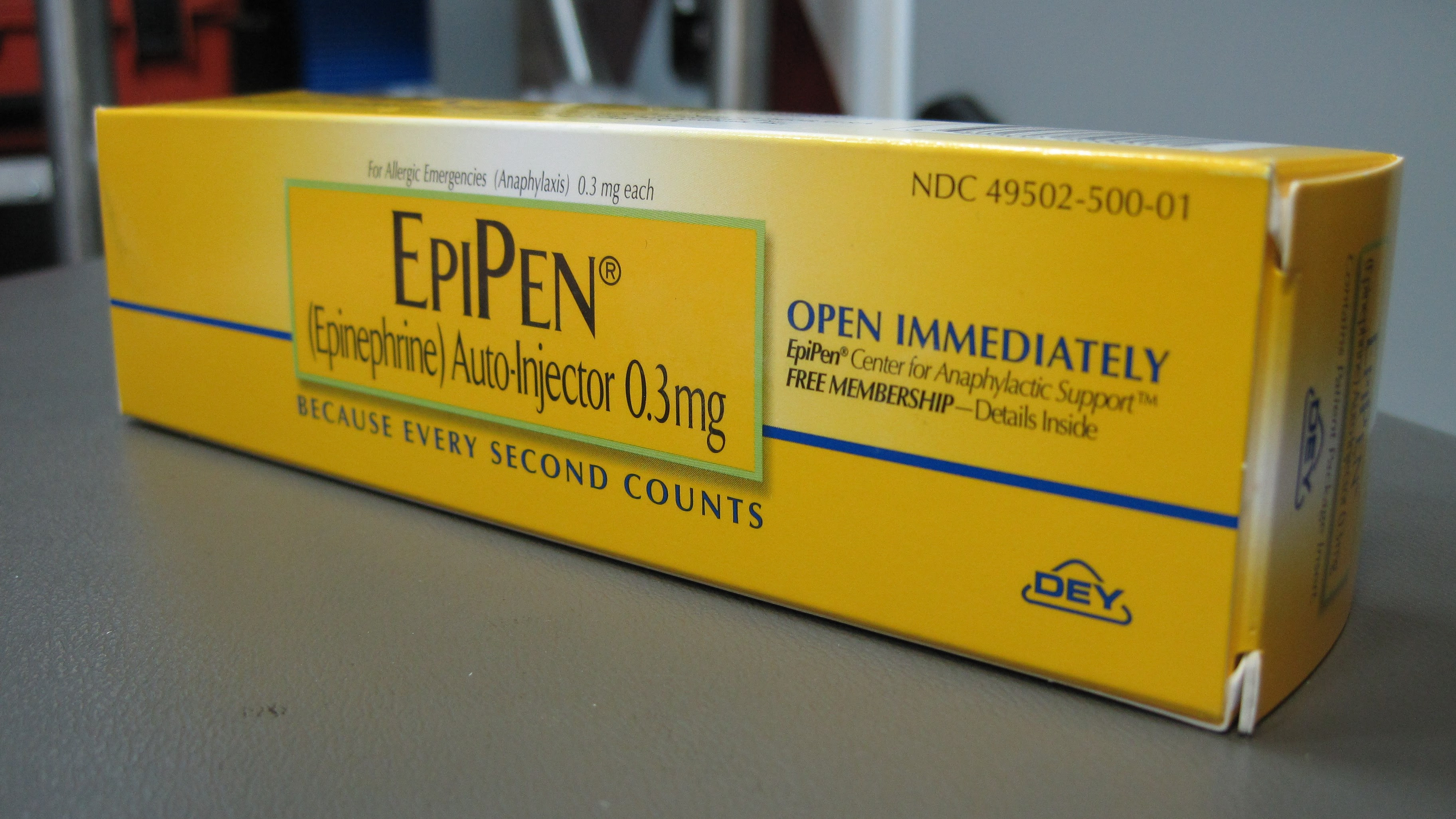
Local
Medical drug shortage: No end in sight?
Twin Cites hospitals are struggling amid a nationwide shortage of critical care and pain medications like fentanyl and morphine. These drug are critical for use in surgery and recovery. Hospitals like Minneapolis based Fairview are reviewing inventory and purchasing options and resorting to preparing medications themselves from larger vials of drugs rather than obtaining usually prefilled ones.
Drug shortages peaked in 2011, with over 300 medications in short supply. Health systems have been casting wider nets to try and source alternative supplies. This has also led to the substitution of one drug with alternatives creating much discussion around health professional about the appropriateness of these alternative medications. Shortages reach beyond just controlled substances to antibiotics, electrolyte solutions, and lifesaving EpiPens.
FDA has announced this summer that it will form a task force with public meetings scheduled for November. The charge of the task force is to look for holistic solutions to addressing the underlying causes for these shortages.
Department of Agriculture and rural development
FDA
National
Raw milk linked to Salmonella infection
Raw milk from a Pennsylvania dairy has been linked to at least nine people with confirmed Salmonella infections. Consumers have been advised to immediately discard any unpasteurized milk supplied by Pot ‘O Gold Dairy specialties purchased between September 10th and October 12th.
CDC estimates that Salmonella causes about 1.2 million illnesses, 23,000 hospitalizations, and 450 deaths in the United States every year with food being the sources of about 1 millions of theses illnesses.
Pot ‘O Gold raw milk has been traced to being sold in 16 different stores in a total of 4 counties. Neither the state nor dairy owners have released any test results from the milk samples. Pennsylvania Department of health recommends anyone who has consumed raw milk and developed symptoms including diarrhea, fever, abdominal cramps, and vomiting should seek medical attention and tell their doctor of possible exposure.
International
UK going green…last week.
The UK climate minister Claire Perry declared last week “Green GB Week” in the UK. The UK’s current target is a reduction of 80% of emissions by 2050 based on 1990 levels. Experts say greater emissions cuts are needed from cars, planes, industry, waste, meat consumption, and heating. Although these plans have not been received with open arms and have caused debate between groups.
Perry has been criticized about her stance on issues such as meat consumption and fracking. She defends fracking saying “those who speak so strongly of the need to accept scientific evidence of climate change are happy to chuck the scientific evidence of the safety of shale gas exploration in the bin.” Yet when asked about the environmental impacts of meat consumption and production she commented, “I think you’re describing the worst sort of Nanny State ever…Who would I be to sit there advising people in this country coming home after a hard day of work to not have steak and chips?...Please…”
Members of from the Friends of the Earth group have responded by saying government could launch information campaigns, change diets in schools and hospitals, and offer financial incentives to reduce meat related carbon emissions but politicians are weary wag the finger at anyone personally. The debate over climate change is ‘heating’ and some experts say that it will have to start getting personal if governments want to hold the global temperature rise to 1.5 degrees Celsius.
BBC: UK steps towards zero-carbon economy
BBC: Is meat's climate impact too hot for politicians?
Questions, comments, feedback about today's Weekly Update? Please email Dr. Gus Brihn
Receive the Weekly Update right in your inbox on Tuesdays and Thursdays. Subscribe now at z.umn.edu/WeeklyUpdateSubscribe
